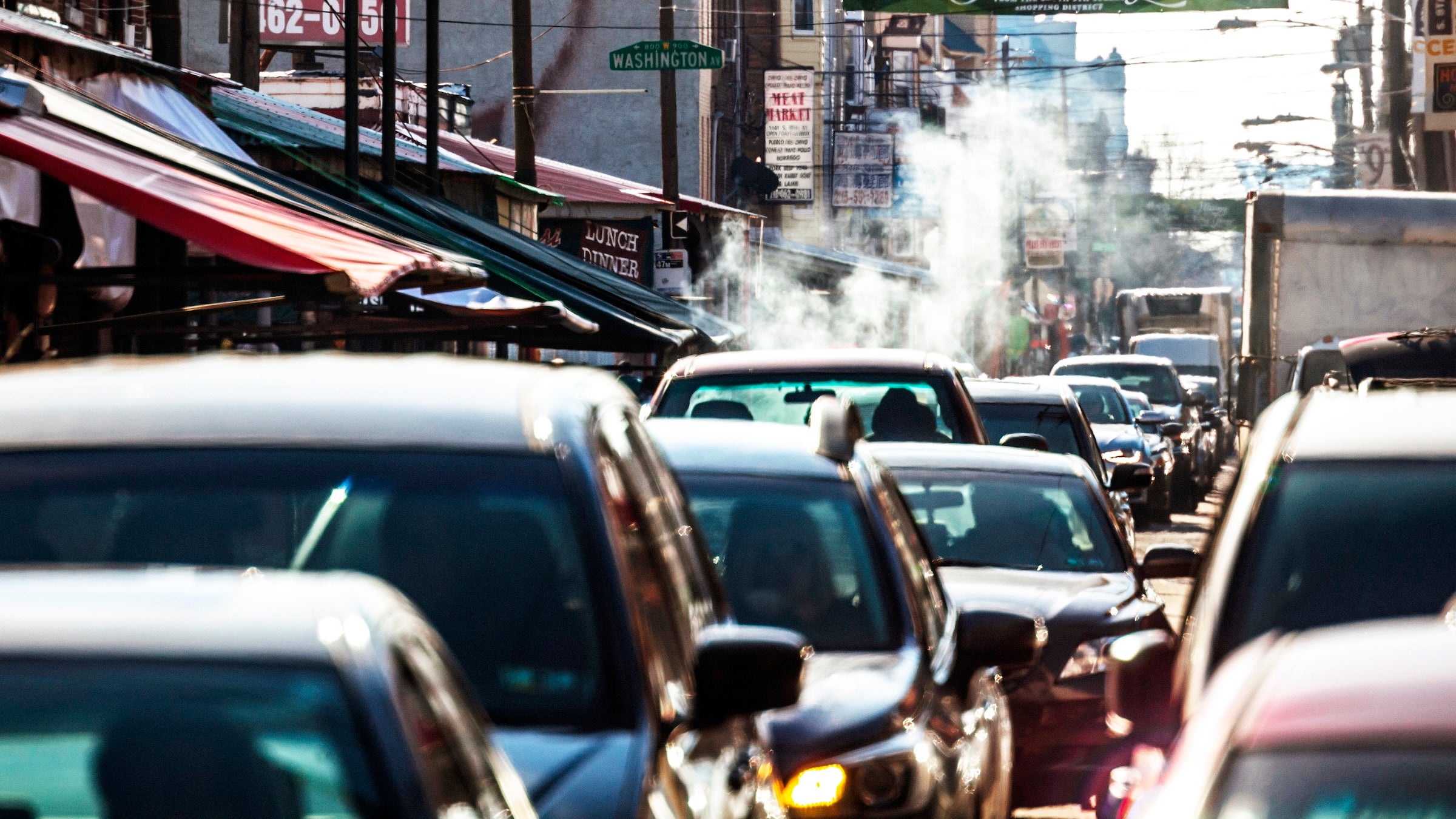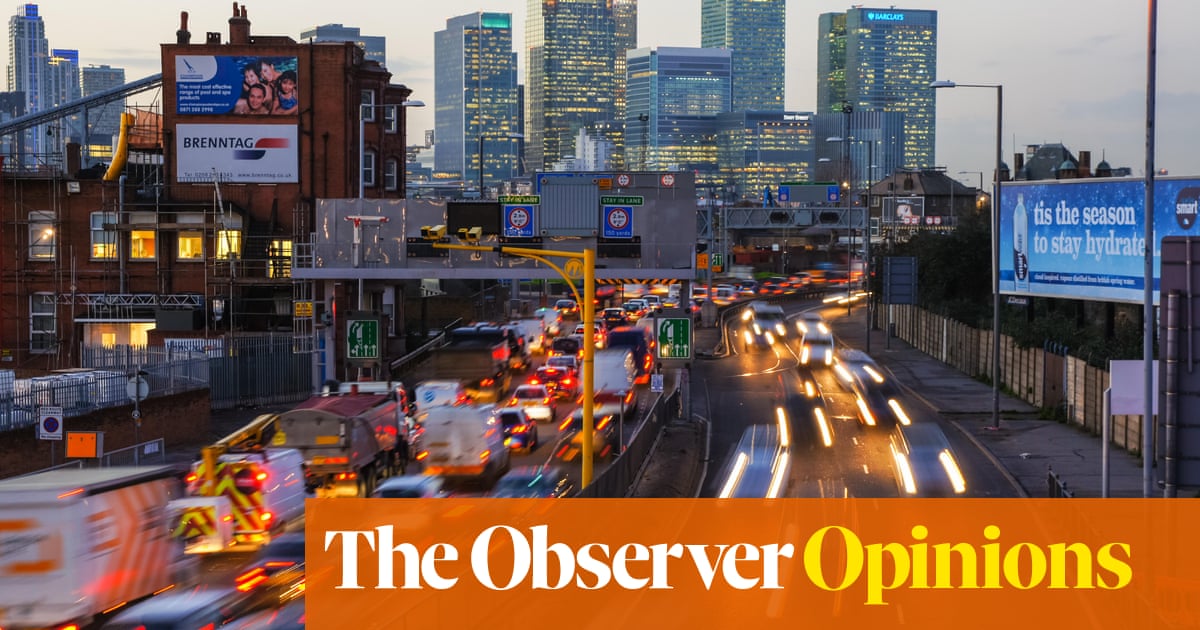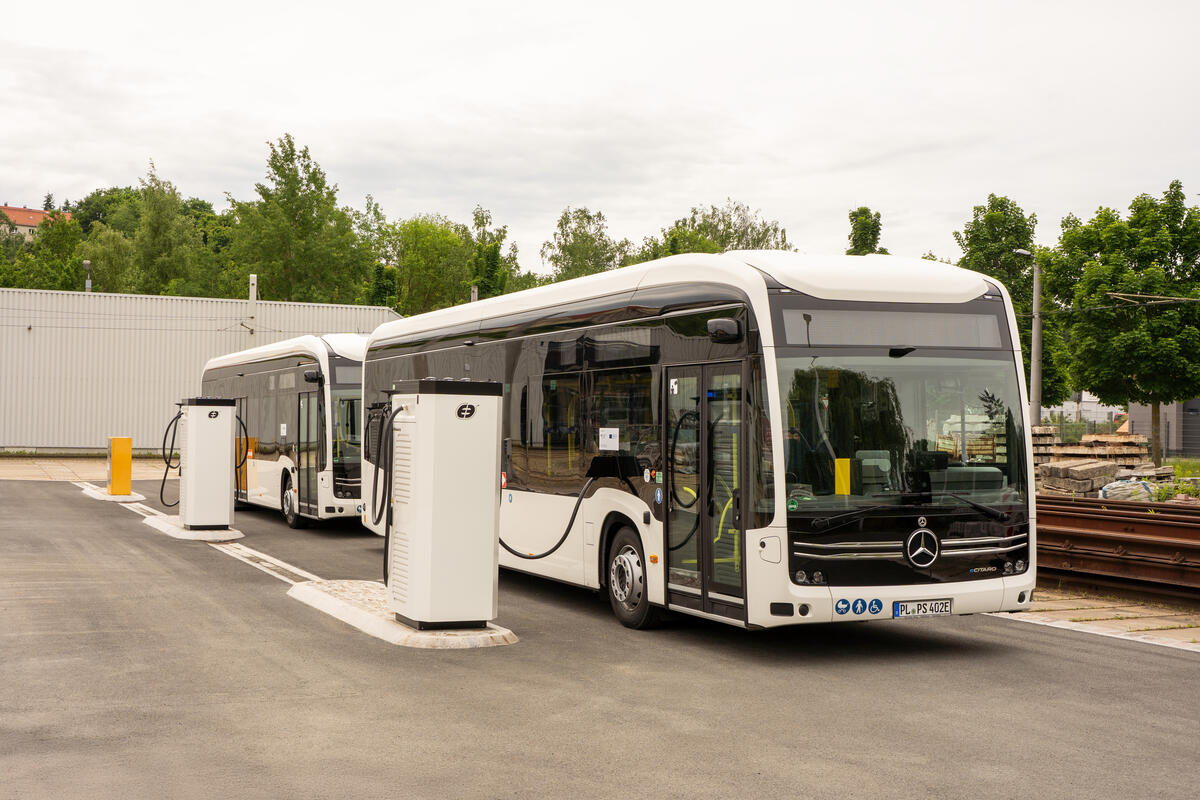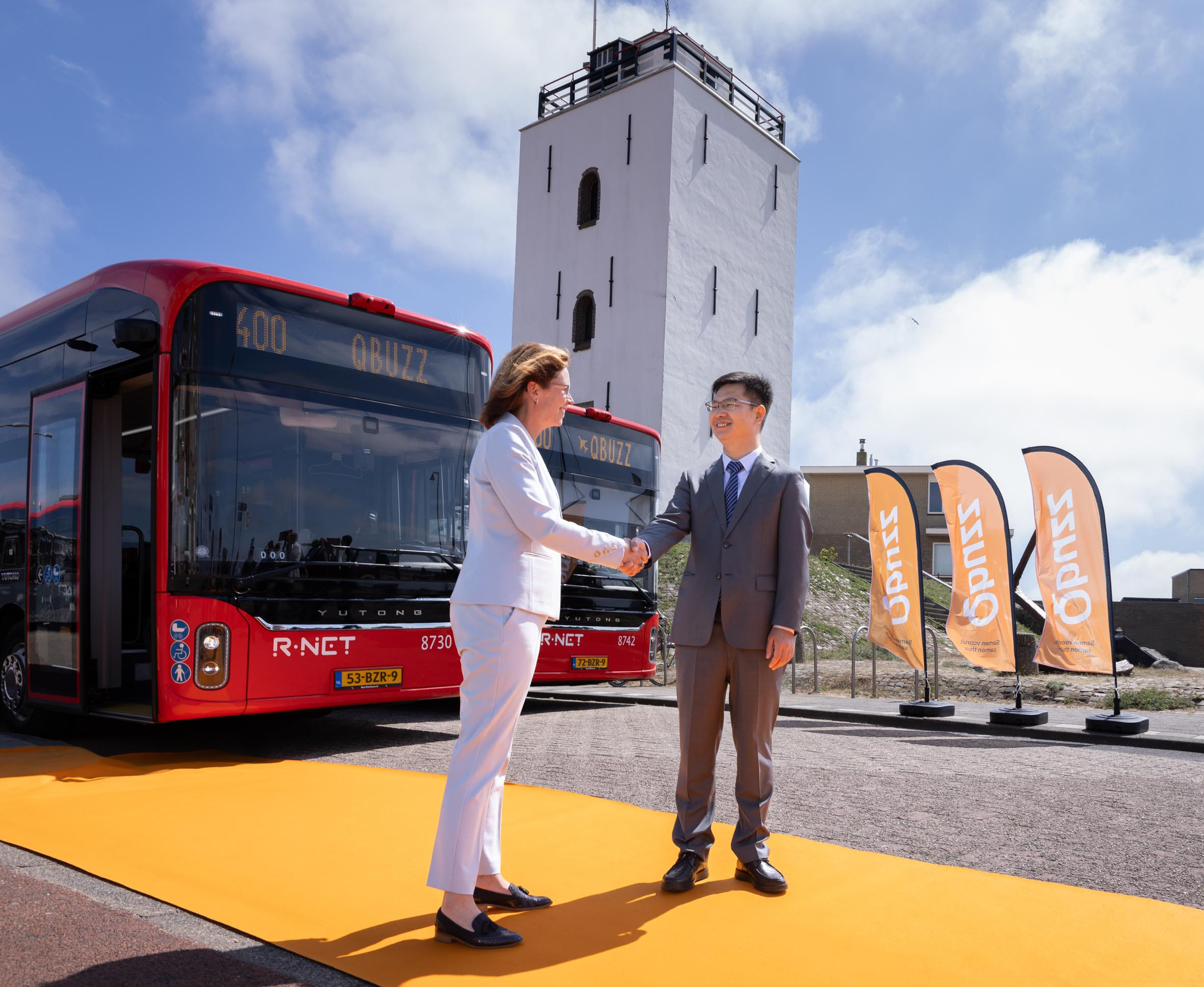#decarbonization
#decarbonization
[ follow ]
#sustainability #electric-buses #climate-change #geothermal-energy #energy-efficiency #renewable-energy
fromTechCrunch
1 month agoAmmobia says it has reinvented a century-old technology | TechCrunch
Ammonia might be the world's most under appreciated chemical. Without it, crops would go unfertilized and billions of people would starve. Humans started making ammonia in large amounts just over a century ago, and since then the process used to make it, known as Haber-Bosch, hasn't changed much. A new startup, Ammobia, says that it has tweaked the Haber-Bosch process to lower the cost by up to 40%.
Science
Environment
fromBerlin Startup Jobs
1 month agoJob Vacancy: Senior Infrastructure Engineer (f/m/d) // alcemy | IT / Software Development Jobs | Berlin Startup Jobs
Use machine learning and cloud-native production control software to reduce cement and concrete CO2 emissions and optimize plant operations.
Environment
fromStreetsblog
1 month agoFive 'Supercool' Transportation Founders to Watch in 2026 - Streetsblog USA
Transportation start-ups accelerate decarbonization by deploying low-emission mobility options, optimizing vehicle systems, and leveraging market momentum to scale solutions ahead of 2026 policy changes.
fromThe Drum
2 months ago3 ways advertisers can support sustainable behavior change with their work
As advertisers do the difficult work to reduce their own emissions, many are turning to another, and possibly even larger, opportunity to have a positive impact on the planet - the messages they choose for their ads. Advertising has the power to positively influence consumer behavior, and every brand can and should consider how their creative work can deliver on that promise.
Marketing
Environment
fromArchDaily
2 months agoThe Future of Cities: How Can We Build Differently to Promote Resilient and Low-Impact Environments?
Sustainable construction, through collaboration and innovation, accelerates decarbonization, resilience, and affordable, high-quality housing to shape healthier, climate-adapted cities.
Miscellaneous
fromLondon Business News | Londonlovesbusiness.com
2 months agoWhat makes AP1000 technology a strategic choice for Bulgaria's nuclear future - London Business News | Londonlovesbusiness.com
AP1000 reactors offer passive safety, modular construction, and reliable low-emission baseload power well suited to Bulgaria's grid modernization and decarbonization objectives.
fromInside Higher Ed | Higher Education News, Events and Jobs
3 months agoOn Climate Action, a View From Behind the Pack (opinion)
The University of California system recently made waves by announcing a commitment " to fully decarbonize no later than 2045." Unlike many "carbon neutrality" or "net zero" plans that rely heavily on carbon offsets, the UC system plans to cut emissions from campus electricity and fossil fuel use by at least 90 percent from 2019 levels and to balance residual emissions by investing in projects to remove carbon dioxide from the atmosphere.
Environment
fromSustainable Bus
4 months agoTrends from Busworld 2025: electric coaches, key challenges, shifting manufacturing geographies - Sustainable Bus
A few days after the close of Busworld Europe 2025, it's time to look beyond the spotlights and the crowded stands. Trade fairs are mirrors of ambition as much as of reality, and Brussels offered both - innovation on stage, uncertainty behind the scenes. Here are a few reflections on what this year's edition really revealed about the direction of the bus and coach industry.
Alternative transportation
fromSustainable Bus
4 months agoZF bus business grows 30% in 3 years, orders exceed 1BN. New axle generation (and more) at Busworld - Sustainable Bus
Our bus business has grown by 30 percent over the last three years, and we now have more than one billion euros in orders in the pipeline. That's a clear signal we're delivering what the market needs,
Cars
fromNature
5 months agoMake trains great again - for the sake of people and the planet
What if there were a technology that could help to reduce greenhouse-gas emissions, air pollution and environmental degradation, while improving health, reducing social inequality and boosting economic growth? There is, and this month it turns 200. The opening of the Stockton and Darlington Railway in northeast England on 27 September 1825 is generally considered to be the birth of the modern railway - an event that set in motion a revolution in human mobility and social organization.
Environment
Environment
fromSustainable Bus
5 months agoE-GAP presents its solution at Busworld 2025: Fleet-as-a-Service as a turnkey model for fleet electrification - Sustainable Bus
Fleet-as-a-Service enables electrification of public transport by covering capital investment and providing flexible fees, accelerating decarbonization without straining operator balance sheets.
fromCornell Chronicle
6 months agoBuilding energy model offers cities decarbonization roadmap | Cornell Chronicle
The software tool developed by Cornell researchers models small city energy use quickly, allowing simulations for cost-effective decarbonization strategies. It can inform policy prioritization.
Environment
fromwww.theguardian.com
9 months agoEuropean firms ramping up lobbying for climate action, report finds
The rise in corporate lobbying for climate action from 3% to 23% reveals a significant shift in how European companies perceive environmental regulations, emphasizing support for climate policies.
Europe politics
UK news
fromFast Company
9 months agoThe U.K. wants to require solar panels on all new homes by 2027
England may mandate solar panels on new homes by 2027 to support decarbonization goals.
The U.S. is retreating on clean energy initiatives while other countries advance, particularly in solar deployment.
Toronto startup
fromArchDaily
9 months agoEmbracing Material Intelligence: How the Pacific Northwest is Promoting Timber Innovation
Material intelligence focuses on how materials perform and adapt within ecological and cultural systems.
Cross-laminated timber (CLT) represents a significant shift toward sustainable construction, especially in the context of environmental challenges.
[ Load more ]







